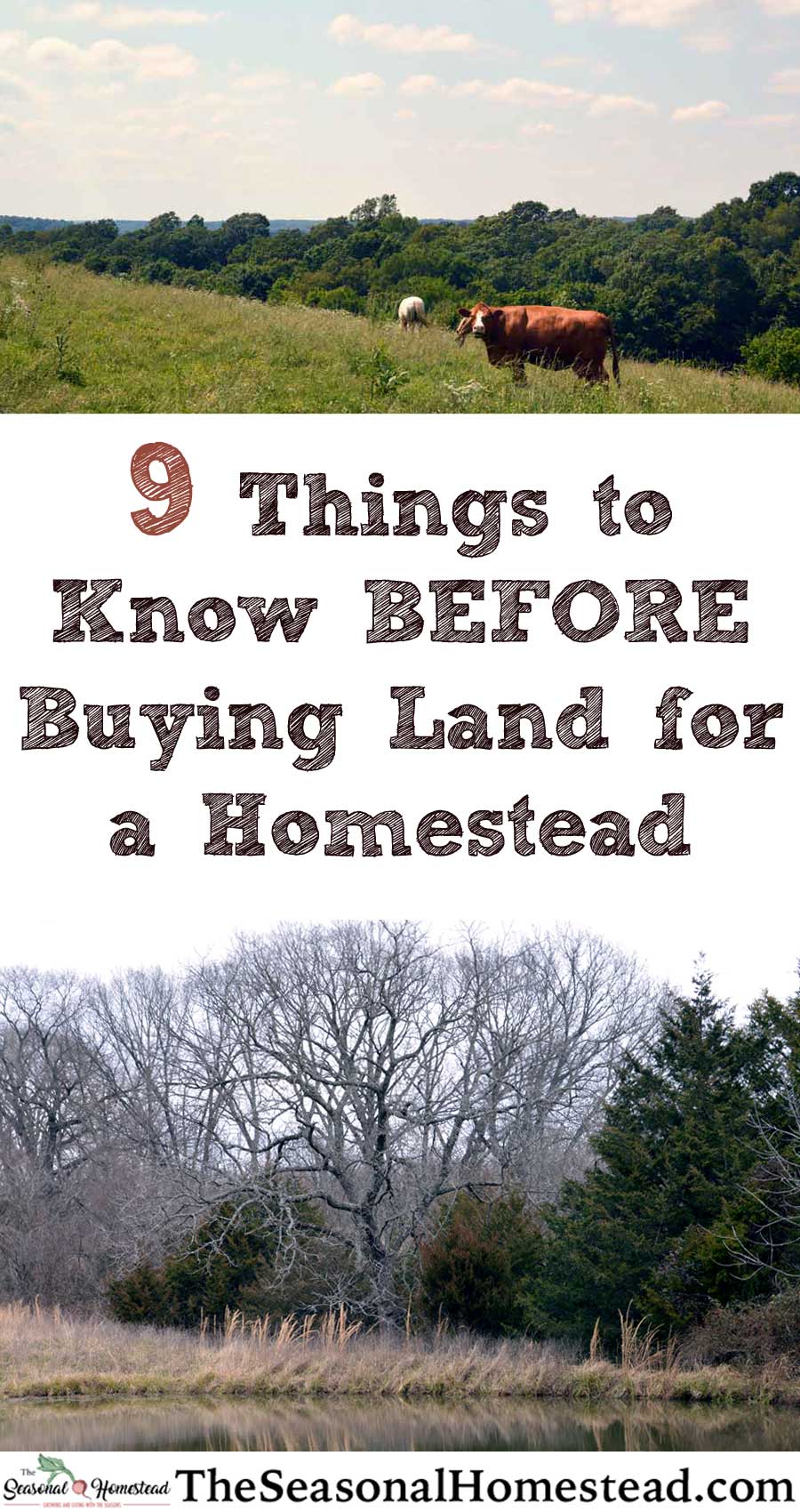Over the last year we’ve been hunting for the right homestead. It didn’t matter to us whether it was raw land, or a home with land, we were open to anything.
Right now we are leaning towards buying land. In preparation for purchasing a piece of land we made a list of all the things we need to check on before the deal is set in stone.
We are learning so much about what is required and of course most of this information is area specific, the majority being applicable to residents of the United States. But even in the US different States have different laws so keep that in mind.
All that said, my hope is that giving some general numbers and things to look out for may help others who are considering buying land for a homestead.
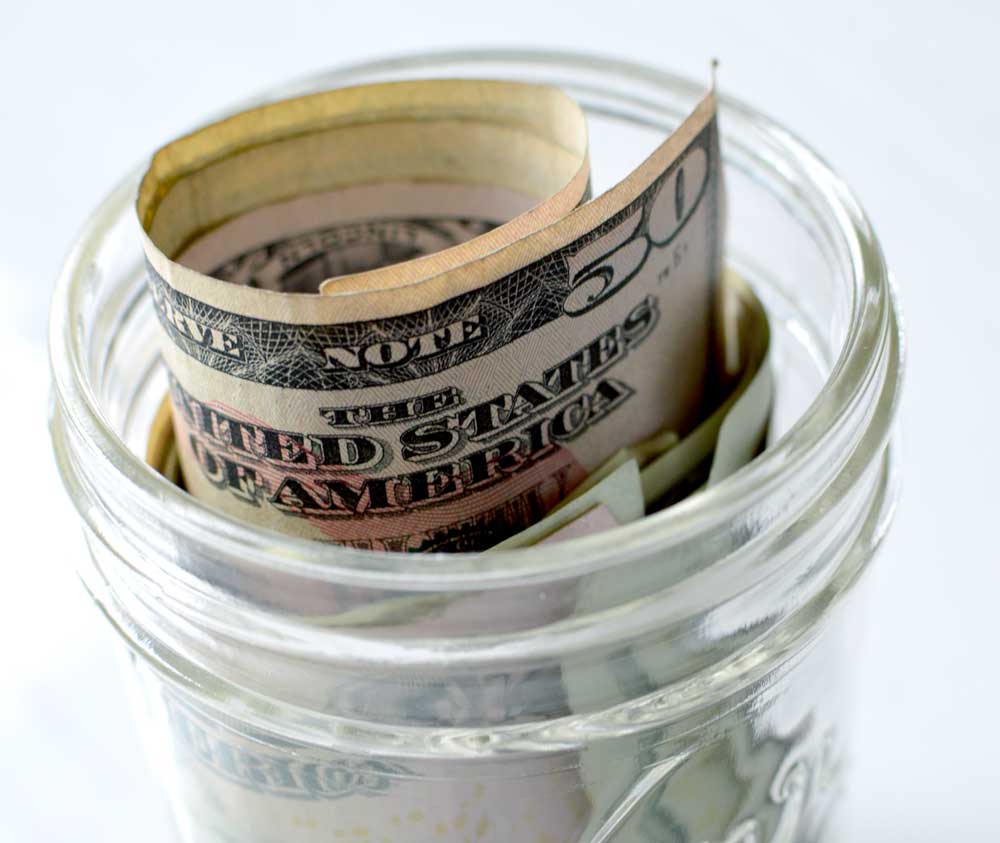
#1 Methods of Financing
This is definitely the most important part of considering buying land. Once you have your financing figured out then you can move on to checking other things.
Obviously, the best case scenario is to buy land with cash. There is no hang ups involved with cash, very few closing costs, and you have more buying power.
Many can’t buy with cash right away so there are other options for loans that I will list below.
When we first started looking at land, we wrongfully assumed that we could buy land with a loan and it would be just like having a mortgage. That is NOT the case. Land loans are quite different than a conventional mortgage. Because there are no structures on the property it involves a larger amount of risk for the bank.
Consequently, the interest rate is usually higher and the payback time is shorter. After meeting with our local bank, the interest rate at the time of writing this was 7.6% if you put less than 35% down on the loan. If you put more than 35% down the loan drops to a 6.4% interest rate. The payback period is 10 years.
The third option is to get a construction loan. This short term loan allows you to purchase your land and build your house. Usually they last only one year and then you can apply for a typical home mortgage and roll the loan into that.
The fourth option is a Farm Service Agency Loan- also called an FSA loan. Someone recommended we try this one but after a call to our local FSA representative we found out that you need to have at least 3 years of tax statements showing you make money from your farm in order to get the type of loan we needed. And since we haven’t made any money from the farm yet it wasn’t an option for us. But it is worth looking into for a really low interest rate loan.
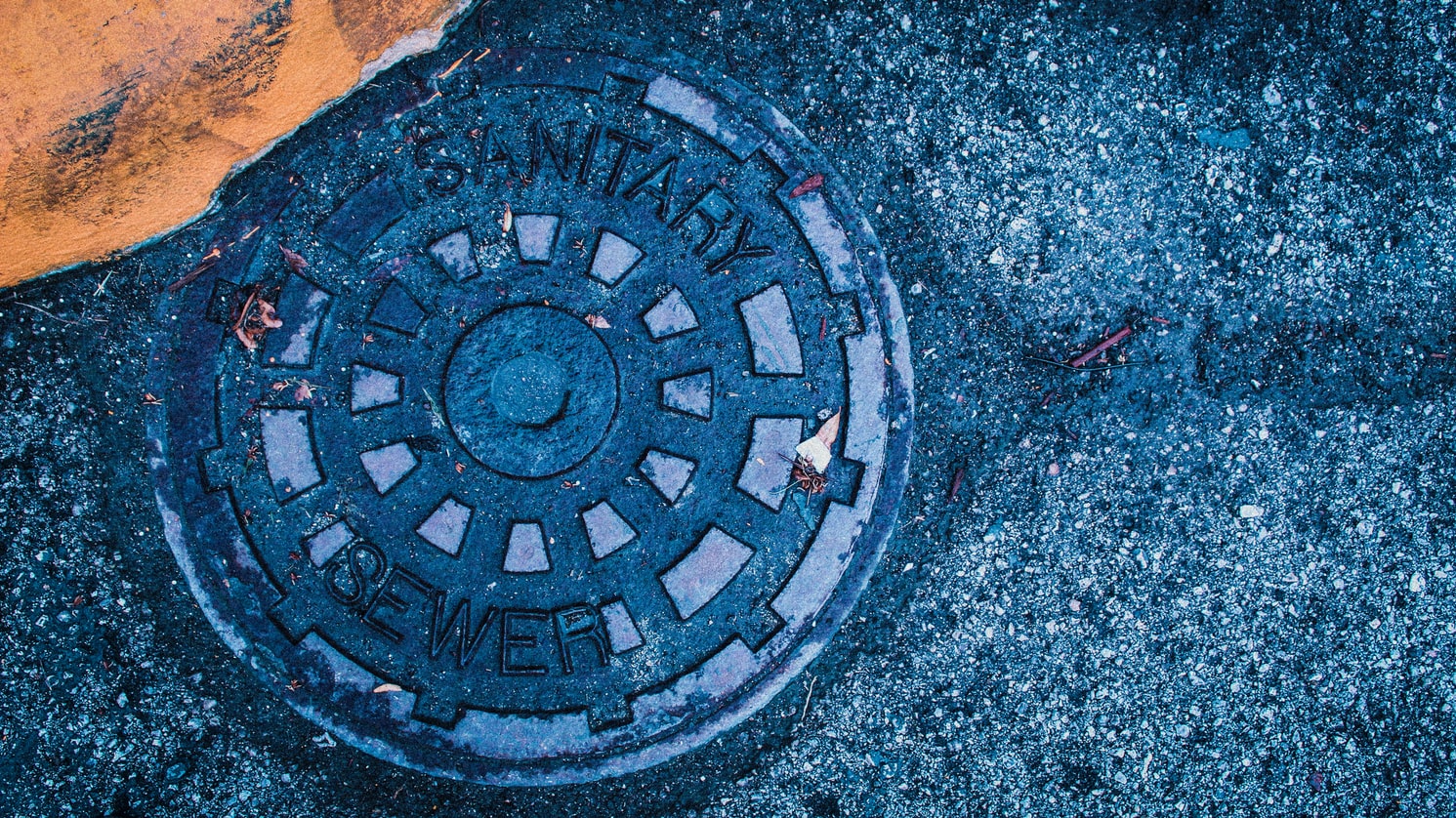
#2 Percolation Test and Septic/ Sewer Hook Up
If you are going to make an offer on land you plan to build on that needs a septic system, it’s important that it passes a percolation test (also known as a “perc” test). A perc test determines the water absorption rate of the soil.
If the soil doesn’t pass the perc test, then getting a permit for a septic system is nearly impossible. And if you can’t get a permit for septic then you can’t build. Unless of course you have the option to hook up to sewer, then the perc test wouldn’t be necessary.
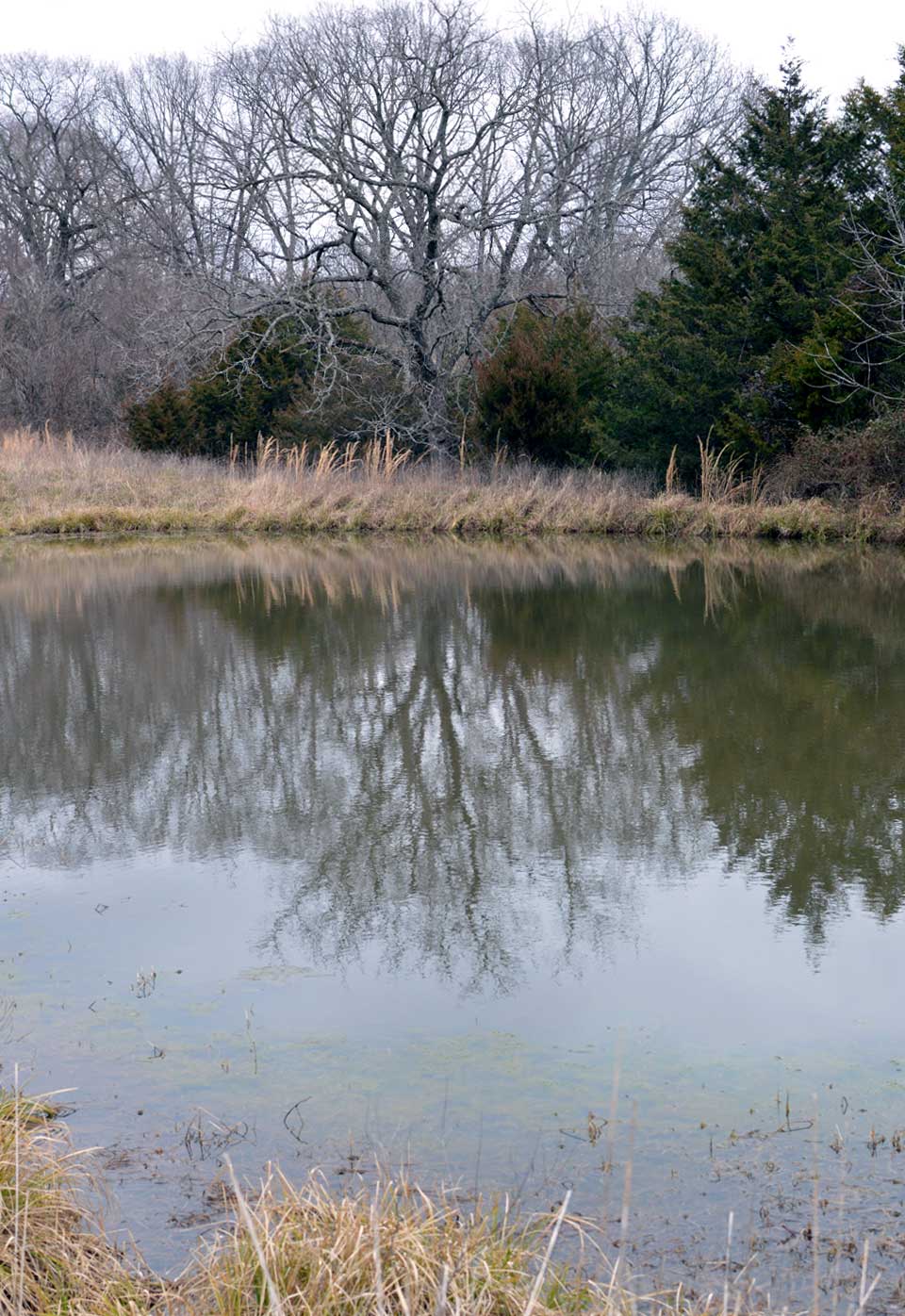
#3 Water
A very important part in homesteading is making sure you have water on the property. Water for you, your animals, and your crops are all needed.
For the animals and the crops, you can use ponds, any live water like a creek or river, or if you get enough rainfall you could even do rainfall collection from rooftops.
However, you need to make sure that collecting water is legal where you live. Water laws, shares, and rights are different in many places so check with your local municipality to find out what is legal and what kind of access you have.
When considering water for your home and for drinking, there are a couple options. If it’s available you can tap into a water main and use city water or if that isn’t an option, you can dig a well.
For a well, there are a couple parts to the process. Usually you’ll have one person do the drilling and another company will install the pump and filtration. We have a few companies near us that will do the drilling, pump, and filtration but they charge way more to do the all-in-one service.

#4 Electric/ Solar
To see if you can get electricity, call your local electric company and give them the parcel number of your land. If your land is big enough tell them where you think you will put your house so they can figure out the distance from the nearest hookup.
Ours puts in the first quarter mile of cabling for free but they still will charge an initial set up fee.
After the first quarter mile our electric company charges $10-12 per foot.
We are considering doing off-grid or grid tie-in hybrid and are still researching the pros and cons. In our current three bedroom home we use double the kwh that an average roof installed solar system provides.
All the laws, taxes breaks, etc. involving solar are continually changing so be sure to check that out before you install anything. The federal tax deduction will be going away next year in 2021 but who knows, it might change again!

#5 Internet Access and Cell Signal
In this day and age, having internet access and good cell signal are important. Check with your local internet service providers to see if any of them will provide service to the land you are looking to purchase. Oftentimes, this can be done on their website with the zip code.
If there isn’t a provider that services that area, there are other options for internet access like satellites, Google Fiber, and hotspots.
#6 Get a New Survey of the Land
Before you purchase the land it’s very important to get a new survey of the land or if it’s quite recent (within a year) you may not need a new one. It can be costly but it’s worth it to have before you buy!
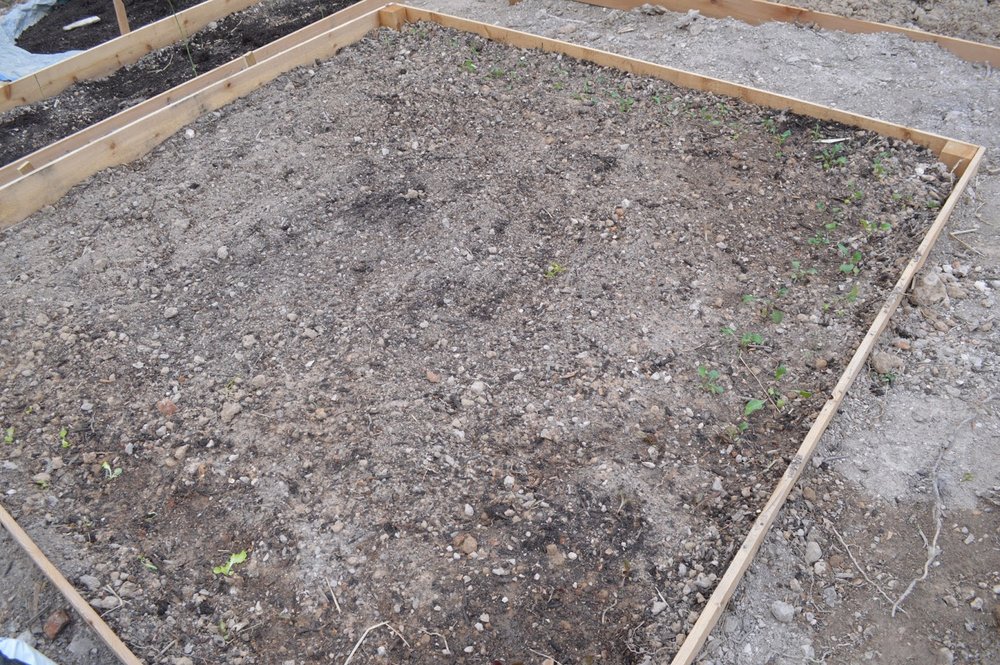
#7 Soil Quality
At first glance you can usually tell a fertile soil by what is growing on it and how it feels under your feet. Are there a lot of different weeds? Usually noxious weeds take over in areas where soil is poor and compacted. Is the ground soft? Can you feel or see rocks?
We have walked a lot of properties and even within one small geographical area soil can be very different. Obviously if you’re going to have a garden and animals that need grass, fertile soil is best. But if you find rocky soil it’s not necessarily a deal killer, it just takes time to build up the soil with organic matter.
Joel Salatin often talks about how the land his Dad bought initially was very poor and rocky. Using his rotational grazing methods he was able to build the top soil by almost a foot. It did take 40 years though!
Other things to do are to have a soil test done to see what kind of soil you are working with. You may also want to find out how the land was being used before you purchased it. Was it being sprayed with pesticides or herbicides? Is there a lot of trash around the property?
A friend of mine told me recently that she acquired some land where the previous owner had never taken his trash to the dump and just let it pile and pile around the property. They got it all cleaned up but she says sometimes when it rains the trash will get pushed up out of the ground and they are still dealing with it!
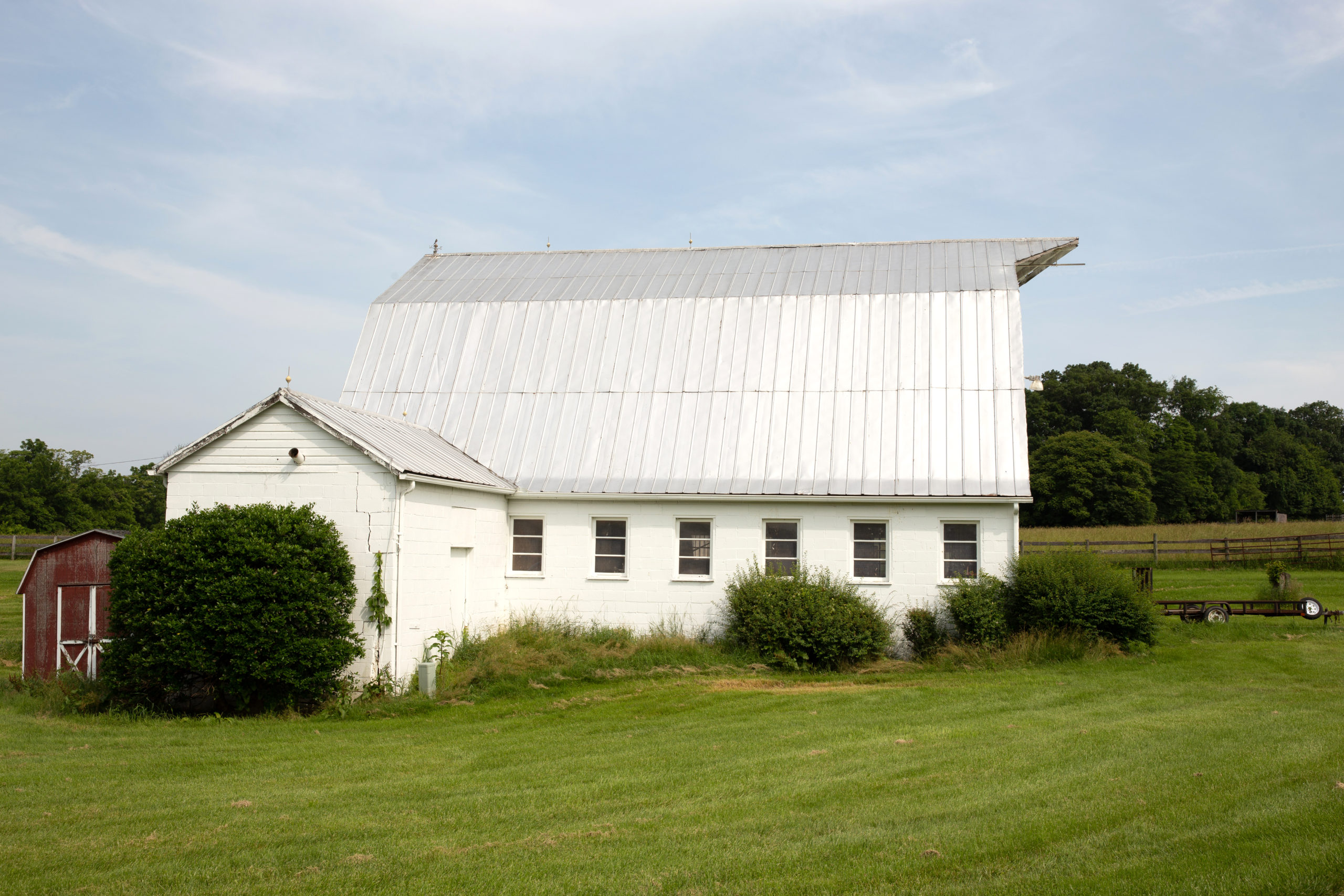
#8 Neighbors
I don’t think I need to say much here except make sure you have good neighbors. This may make me seem paranoid but I since I have little children I usually check the sex offender list since it is made public and check that there are none living nearby.
It’s also good to meet your neighbors in person but if you can’t meet the neighbors right away, there is always the internet and social media which can give you an idea of if they seem kind or not.
Of course you can’t know everything about a person after meeting them briefly but it’s better than nothing!

Zoning/ POA or HOA/ City Laws
I probably should have put this one towards the top of this list. As a homesteader so many things that we do are not allowed in a city or a HOA. You need to check if there are any restrictions keeping you from doing what you want on the property.
We live in a POA right now and the restrictions aren’t worth the benefits to us. We get letters and fines periodically saying we were supposed to get a permit to paint the exterior of our home because it needs to be an approved color or we have an unapproved sign in our yard.
I get it, it’s supposed to make the community nice so no one has any junk yards or pink houses but we are tired of the rules and ready to get out. I can’t wait to let my chickens roam without fear of getting a letter saying we need to get rid of them.
Then even outside of property owners associations there are city laws if you reside within city limits. Our city allows four hens per home but the POA overrules that and they allow none.
Another thing to consider is zoning. Is it residential, agricultural, or commercial land? Depending on what your property is zoned as it can affect what you are able to do there. Be sure to educate yourself.
Lets Recap what you need to check before buying Homestead Land:
- Financing
- Perc Test
- Water
- Electric/ Solar
- Internet Access and Cell Signal
- Get a New Land Survey
- Soil Quality
- Neighbors
- Zoning/ POA or HOA/ City Laws
See anything I missed? Leave a comment and let me know!
